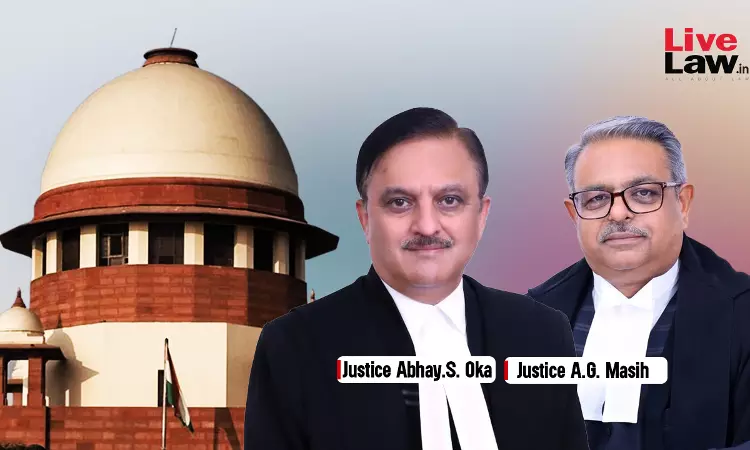Supreme Court Quashes Criminal Prosecution Against Company Granted Immunity Under S.32K Central Excise Act
Yash Mittal
6 Sept 2024 10:24 PM IST

Next Story
6 Sept 2024 10:24 PM IST
The Supreme Court set aside the criminal prosecution against a company under the Customs Act, 1962 (CA), Central Excise Act (CE Act), 1944 and Indian Penal Code (IPC) from prosecution.The Appellant/Company having registered under the Companies Act, 1956 engaged in manufacturing and exporting of cosmetics and toilet preparations. It was alleged that instead of payment of Countervailing Duty...
